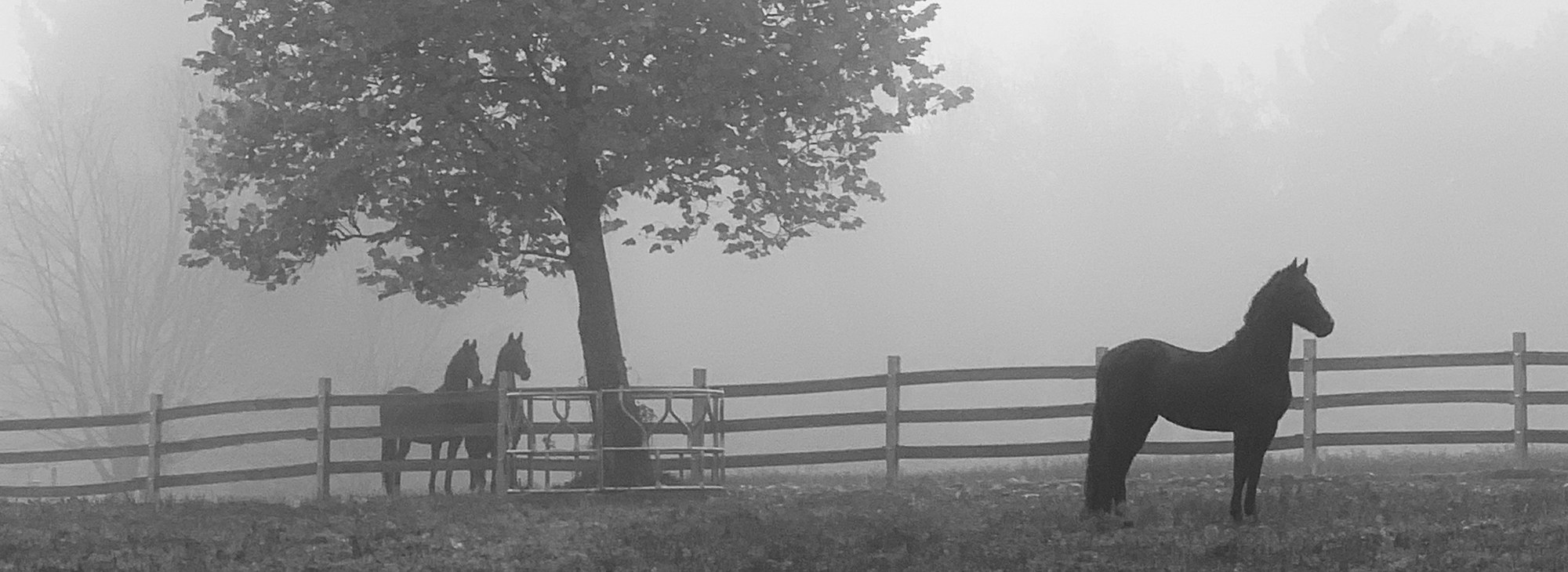NEW Reporting Requirements for Shows - Horse Protection Act

[Lexington, KY - October 15, 2024] Please refer below to a communication from USEF CEO William Moroney that was just issued to all Licensees, organizers, and managers of USEF-licensed competitions regarding the new reporting requirements under the recent amendments made to the Horse Protection Act. Please note that the reporting requirements that go into effect on February 1, 2025, will apply to all equestrian competitions organized by, sanctioned by, or affiliated with your Recognized Affiliate or Education Partner organization whether USEF licensed or not.

Dear USEF-Licensed Competition Licensees and Managers,
History and Purpose of The Horse Protection Act
The Horse Protection Act (Act) was enacted as a federal law in 1970. Since its inception, the HPA has included a provision that authorizes the USDA’s Animal and Plant Health Inspection Service (APHIS) to inspect horses for soring at any horse show in the United States. Recently, federal law has been revised which will require competition or event management of any equine event occurring in the United States to register with and report their competition or event to USDA/APHIS.
The purpose of the Act is to eliminate soring of horses, which helps ensure the welfare of the horse and eliminates unfair competition. Under the Act, “soring” is defined as:
- An irritating or blistering agent has been applied, internally or externally, by a person to any limb of a horse,
- Any burn, cut, or laceration has been inflicted by a person on any limb of a horse,
- Any tack, nail, screw, or chemical agent has been injected by a person into or used by a person on any limb of a horse, or
- Any other substance or device has been used by a person on any limb of a horse or a person has engaged in a practice involving a horse, and, as a result of such application, infliction, injection, use, or practice, such horse suffers, or can reasonably be expected to suffer, physical pain or distress, inflammation, or lameness when walking, trotting, or otherwise moving, except that such term does not include such an application, infliction, injection, use, or practice in connection with the therapeutic treatment of a horse by or under the supervision of a person licensed to practice veterinary medicine in the State in which such treatment was given.
While historically, APHIS has concentrated its inspections on equine competitions for Tennessee Walking Horses, Spotted Saddlebreds, and racking horses, the federal law has always provided for inspections to occur at any equine competitions, including those licensed by USEF and any other organizations.
How Notable Changes to the Horse Protection Act Impact You
We recognize that because these inspections do not typically occur at events hosting USEF Breeds and Disciplines, many organizers may not be familiar with this law and the requirements for compliance.
A summary of the revisions to the Act can be found here: https://www.federalregister.gov/documents/2024/05/08/2024-09469/horse-protection-amendments#citation-12-p39196.
Most notably, effective February 1, 2025, the Act requires competition management to notify USDA of all equine events occurring in the United States. Knowing that this new federal requirement may be burdensome for our competition organizers, USEF will take the following actions to help you remain compliant with the federal law regarding the reporting requirements:
- USEF will automatically send a monthly report of all approved and cancelled USEF Licensed competitions for the upcoming 12-month period to a contact designated at APHIS via email.
- The report will be in an excel file and will include the following fields:
- Competition name and address
- Name, address, phone and email of competition manager
- Dates of the competition
- Copy of or link to official competition program if one has been prepared
- Anticipated number of entries based off prior year
- Whether competition requests an APHIS representative to perform inspections at the competition.
- This will default to ‘no’ unless a competition organizer requests otherwise of the USEF.
- The report will be in an excel file and will include the following fields:
- If an event is cancelled, or the manager changed 15 or more days prior to the competition start date, USEF will send an email to APHIS once the change is made with USEF.
- USEF organizers are responsible for providing prompt notice to USEF of a manager change to ensure compliance with the Act.
- If any situations occur that may constitute a violation of the Act (i.e. act of soring as defined above), the organizer must immediately report such situations to USEF, so that we may report them to APHIS within the 5-day period following completion of the competition.
What You Need to Know IF An Inspection Occurs
In accordance with the HPA, USDA can inspect any horse show for compliance with the soring rule. Historically, USDA has inspected fewer than 50 events across the entire United States each year. However, competition management is reminded that IF an inspection occurs, the federal law requires that competitions management provide USDA inspectors access to the grounds, including stabling, so that they can perform their duties. Competition management must provide a conveniently located, well-lit space where inspections can take place. This space must have protection from the elements, restricted access to onlookers, be accessible and have reliable 110-volt electrical power supply, a waiting area for horses, and a detention area for horses.
Competition management is responsible for prohibiting horses that are sored from participating in events. We strongly recommend that you instruct your competition personnel about soring and their responsibility to ensure compliance with the Act.
Please contact us at kwilbers@usef.org if you have any questions.
Best regards,

William J. Moroney,
Chief Executive Officer

